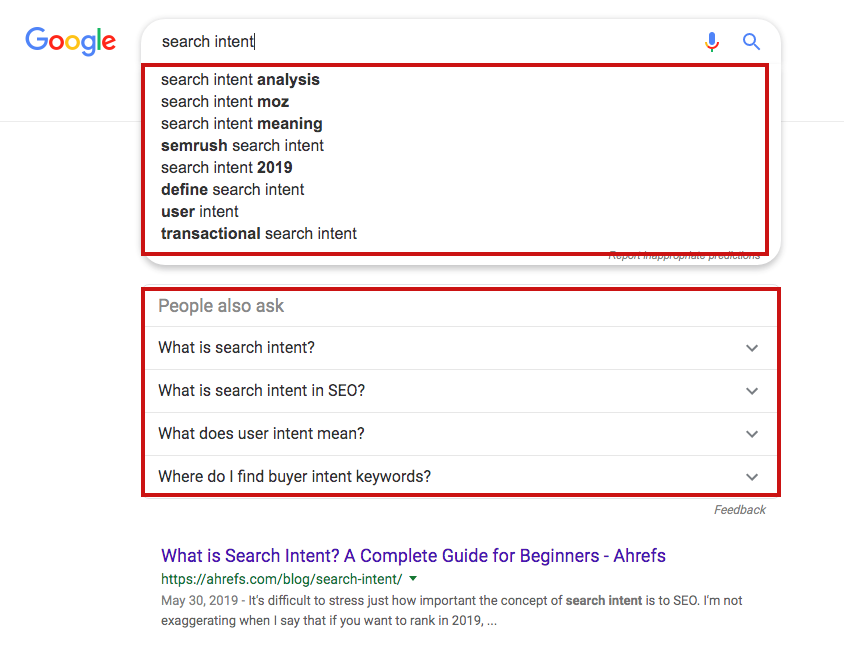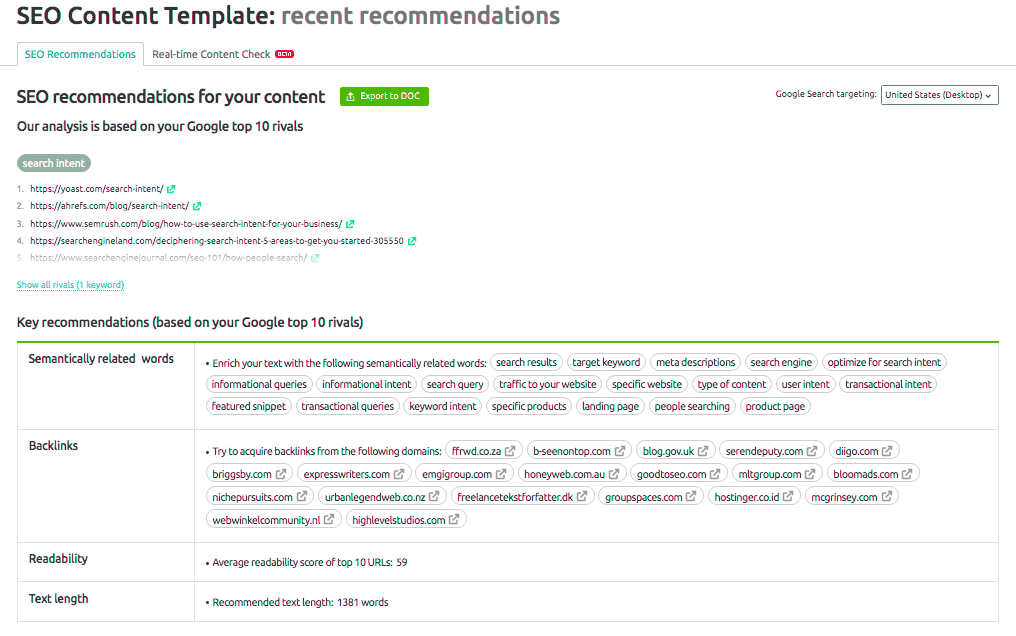Keyword rankings changed and all of the recent search engine algorithm changes we witness, traditional tactics like keyword research and targeting, page tagging optimization, and on-page content updates don’t have the impact that they used to.
Every website is different, these changes could impact them differently, which is why it’s important to make continuous improvements, test new strategies, monitor performance, and adjust as needed.
Because of this, we would like to give some tips on improving your keyword rankings in search engines by looking at your site as a whole. We would recommend that you:
- Measure your keyword ranking
- Focus the right, relevant keywords
- Build long-tailed keywords for voice search
- Take advantage of Google Featured Snippets
- Work on improving your existing content
Let’s get down to business.
Measure your keyword ranking
Ascertain your current keyword performance by export the analytic data from Google Search Console and Google Analytics, going through this data will give you a good idea of what are your most valuable keywords and pages.

Focus on keywords that are ranking in positions 5 through 15 as these are where the most immediate opportunities for improvement are. I’d highly suggest exporting all of this valuable keyword data and keeping it on file to reference in the future.
Focus the right, relevant keywords
Ensure your keyword targets are aimed at business objectives and offer real value. It is important that you understand both the user’s search intent behind them and the difficulty of ranking, as they could take on an entirely different meaning in Google or another search engine.
With knowing the type of intent, whether it’s informational, transactional or navigational, it will help you understand users and you will be able to choose better keywords.
Knowing what is required to rank for a particular keyword will help you conclude what content development efforts will be required and come up with a plan for creation.SEO Content Template is a great tool for this type of analysis.

By comparing your organic keyword research with paid advertising data you can also help uncover new opportunities and fill gaps.
Build long-tailed keywords for voice search
Some would ignore long-tail queries because they may have lower search volume, though we would recommend that you incorporate those too as they are in line with voice search optimization.
Fact is voice search is growing fast, as users now prefer the use of voice assistants for some direct answers, but up to 2020 voice assistant search from mobile and home, devices will be a major part of the overall number.
In order to be prepared, start incorporating long-tailed keywords for voice search into your website now, and consider reworking your previous content in due time to fit this new trend.
Take advantage of Google Featured Snippets or Knowledge Cards
The Answer Box or Google Featured Snippets has caused a true turf war as hundreds or millions of websites compete for this new spot which is said to increase a website click-through rate up to 32%.
I would note that websites with results under the Featured Snippet or Knowledge Card will receive much lower traffic than before meaning websites will want to take that prime spot.

Optimizing your content for featured spot demands that you provide a clear answer in the best way possible, preferably with a graphical or image illustration.
Work on improving your existing content
Know that search engine results are constantly changing, and this means that you need to make continuous optimizations and improvements to your content.
Even if you have gained the Featured Snippet result for a particular keyword or phrase, does not mean that you will stay there. Refreshing your content will ensure that you’re offering users with the best (and up to date) information, and driving increased keyword visibility.
Alternatively, if you are always working toward refreshing your site and provide users with the best material, you will likely see keyword ranking increases. Content optimization should never be one-and-done, especially if you aren’t seeing the results that you want.
Conclusion
Talking about improving keyword rankings for your WordPress website is essentially the same as with any website. You need to work on your current as well as new content with ever-changing guidelines in mind.
Tips we have discussed are aimed at providing you some new ideas to consider and improve your overall ranking with search engines.

